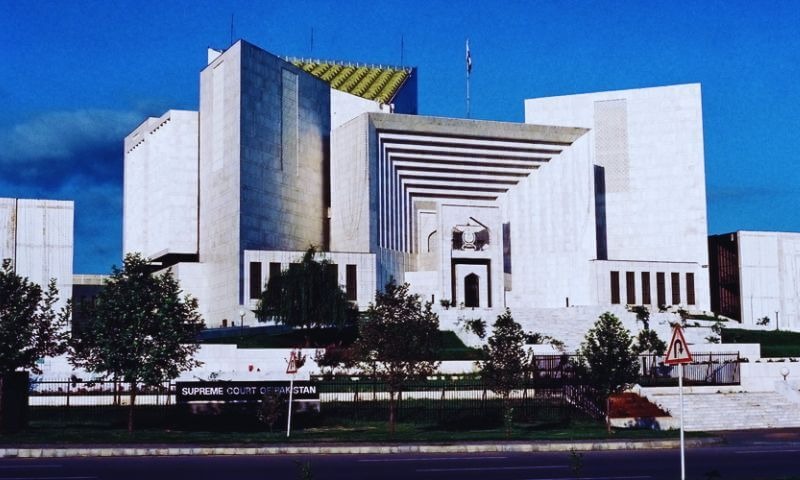Supreme Court Adjourns Elections Review Case as Judgements Review Bill Takes Effect: Implications and Legal Landscape
Introduction
In a significant turn of events, the Supreme Court of Pakistan has adjourned the Elections Review case as the Judgements Review Bill comes into effect. This development carries significant implications for the country's legal landscape and has far-reaching consequences for the review of past court decisions. In this article, we will explore the implications of this decision and examine how it may shape the legal dynamics in Pakistan.
Background
The Elections Review case pertains to the review of previous court decisions regarding electoral matters. This case has been a subject of great importance as it can potentially impact the outcomes of past elections and the legitimacy of elected representatives. The Judgements Review Bill, which grants the right to review court judgments, has recently come into effect, introducing a new dimension to the legal landscape in Pakistan.
Implications of the Supreme Court's Adjournment and Judgements Review Bill

- Legal Precedence and Judicial Autonomy: The adjournment of the Elections Review case signals the recognition of the Judgements Review Bill and its implications for the legal system. It establishes the principle that court decisions can now be reviewed, allowing for potential corrections or reversals. This move strengthens the autonomy of the judiciary and underscores its authority to revisit previous judgments in light of new evidence or legal considerations.
- Impacted Election Outcomes: The adjournment of the Elections Review case has immediate implications for the outcomes of past elections. As the review process comes into effect, the legitimacy of elected representatives may be subject to revision. This raises questions about the stability and continuity of political representation, potentially leading to political uncertainty and legal challenges to electoral results.
- Restoring Public Confidence: The introduction of the Judgements Review Bill and the adjournment of the Elections Review case reflect a commitment to transparency, accountability, and the rule of law. By allowing the review of court decisions, the legal system aims to restore public confidence in the judiciary's fairness and impartiality. This move provides an avenue for addressing perceived injustices and rectifying any errors in previous judgments.
- Legal Precedent and Future Cases: The adjournment of the Elections Review case and the enactment of the Judgements Review Bill set legal precedents that may impact future cases. The ability to review and potentially reverse court decisions could have far-reaching consequences for a wide range of legal matters, including constitutional issues, human rights cases, and other significant legal disputes. This introduces a dynamic element to the legal landscape, with potential implications for legal certainty and the stability of legal outcomes.
- Public Debate and Political Discourse: The adjournment of the Elections Review case and the implementation of the Judgements Review Bill are likely to generate public debate and intensify political discourse. This development may lead to increased scrutiny of court decisions, with proponents arguing for the necessity of review and critics expressing concerns about the potential for abuse or political manipulation of the process. The legal landscape could become a focal point of political contestation, affecting public opinion and shaping future legal reforms.
Conclusion
The adjournment of the Elections Review case and the introduction of the Judgements Review Bill mark a significant milestone in Pakistan's legal landscape. This decision carries implications for the legal system's autonomy, the review of past court decisions, and the outcomes of past elections. While it offers opportunities for justice, transparency, and the restoration of public confidence, it also raises questions about legal certainty, political stability, and the potential consequences of revisiting court judgments. As this legal framework takes shape, its impact on the country's legal landscape and political discourse will become increasingly evident.